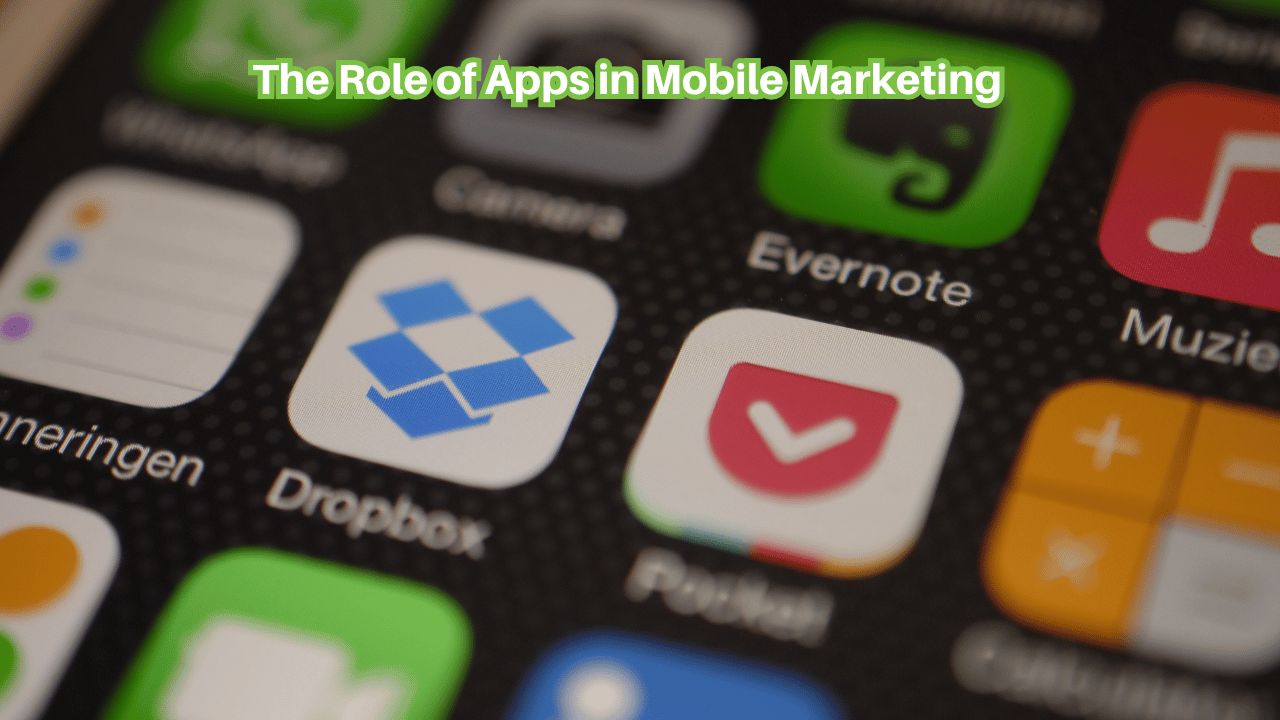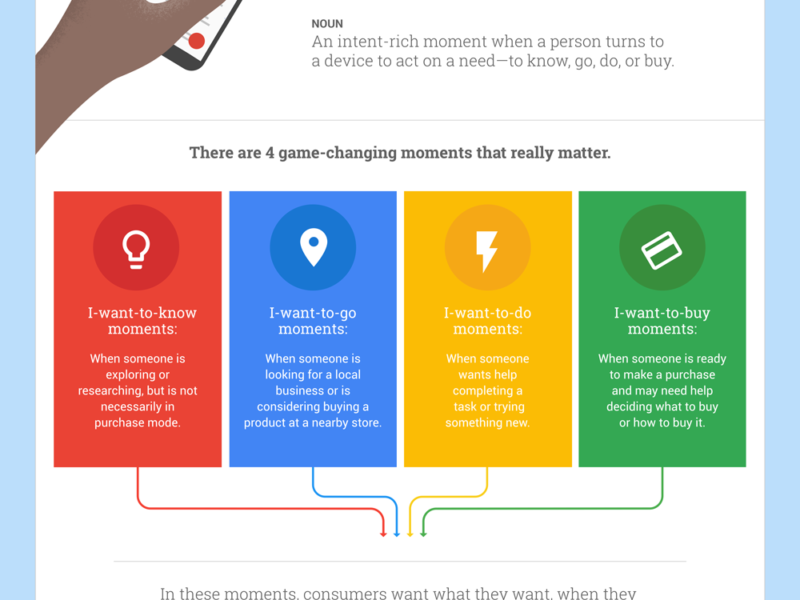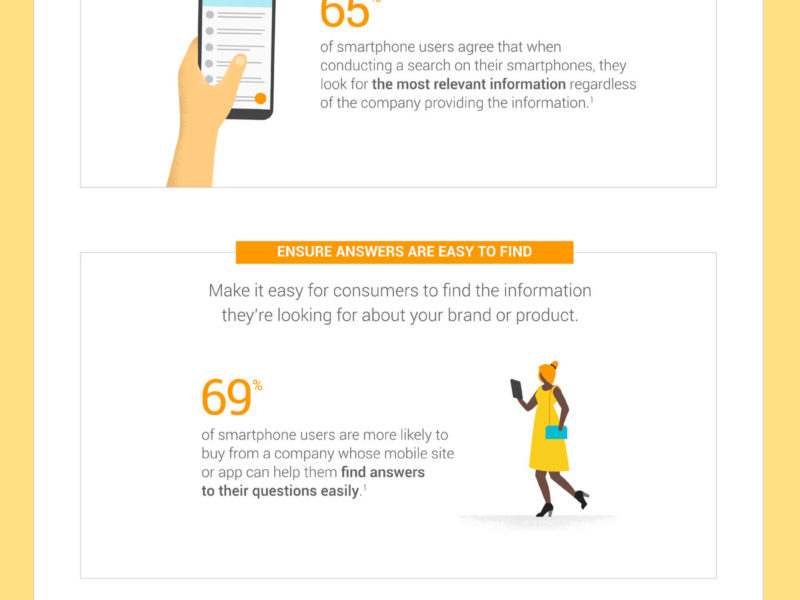In the ever-evolving landscape of digital marketing, mobile apps have emerged as pivotal tools in bridging the gap between businesses and their target audiences. As smartphones become ubiquitous, the role of apps in mobile marketing has grown exponentially. This article delves into the transformative impact of mobile apps on marketing efforts, enhancing user engagement and driving business growth.
Enhancing Marketing Strategies
Mobile apps are no longer just add-ons to marketing strategies; they have become integral components. Unlike traditional marketing channels, apps provide brands with direct access to their audience, facilitating personalized and targeted content delivery. This personalization is crucial, as it allows marketers to tailor their strategies to individual user preferences and behaviors. For instance, through data analytics, businesses can gain insights into consumer habits, enabling them to craft more effective marketing campaigns.
Furthermore, apps offer a platform for innovative marketing practices, such as push notifications, in-app messaging, and location-based marketing. These features ensure that businesses can engage with users in real-time, offering timely and relevant content that can significantly boost conversion rates. By integrating these advanced marketing techniques, apps empower businesses to maintain a competitive edge in an increasingly crowded marketplace.
Driving User Engagement
One of the most significant impacts of mobile apps on marketing is the enhancement of user engagement. Apps offer a seamless and interactive user experience, which is a critical factor in retaining customer attention. Unlike websites, which users may visit sporadically, apps reside on users’ devices, making them more accessible and frequently used. This constant presence fosters a sense of loyalty and connection between the brand and the consumer.
Moreover, apps enable businesses to incorporate gamification elements, such as rewards programs, challenges, and leaderboards, which can dramatically increase user involvement and satisfaction. These interactive elements not only entertain users but also encourage them to spend more time within the app, thus increasing the likelihood of conversions and repeat purchases. By enhancing user engagement, mobile apps drive brand loyalty and customer lifetime value.
Building Brand Loyalty
Mobile apps play a crucial role in building and maintaining brand loyalty. They provide a unique platform for businesses to establish a consistent brand presence and voice. Through apps, companies can offer a cohesive brand experience, ensuring that users receive consistent messaging and branding across all touchpoints. This consistency is vital in cultivating trust and recognition among consumers.
Additionally, apps allow for the creation of exclusive content and offers, which can be leveraged to reward loyal customers. By providing app-only deals, early access to new products, or personalized recommendations, businesses can make their customers feel valued and appreciated. This sense of exclusivity reinforces brand loyalty and encourages word-of-mouth referrals, further amplifying marketing efforts.
Let´s Review
How do mobile apps enhance marketing strategies compared to traditional channels?
Mobile apps offer unparalleled benefits over traditional marketing channels by providing direct and personalized access to target audiences. Unlike conventional methods, apps enable brands to deliver tailored content based on individual user preferences and behaviors, which is crucial for crafting effective marketing campaigns. Through features like push notifications, in-app messaging, and location-based marketing, apps facilitate real-time engagement, ensuring timely and relevant interactions. This direct line to consumers not only boosts conversion rates but also helps businesses maintain a competitive edge in a crowded marketplace.
In what ways do mobile apps drive user engagement and brand loyalty?
Mobile apps significantly enhance user engagement by offering a seamless and interactive user experience. Unlike websites, apps reside on users’ devices, providing constant accessibility and encouraging frequent use, thus fostering brand loyalty and connection. Apps also incorporate gamification elements, such as rewards programs and leaderboards, which increase user involvement and satisfaction. This interactive approach encourages users to spend more time within the app, boosting conversions and repeat purchases. Additionally, apps allow businesses to offer exclusive content and deals, reinforcing brand loyalty and encouraging word-of-mouth referrals.
In conclusion, mobile apps have revolutionized the way businesses approach marketing. By enhancing marketing strategies, driving user engagement, and building brand loyalty, apps have become indispensable tools in the digital marketer’s arsenal. As technology continues to advance, the role of apps in mobile marketing will undoubtedly become even more critical, offering endless opportunities for businesses to connect with their audiences in meaningful and impactful ways.






